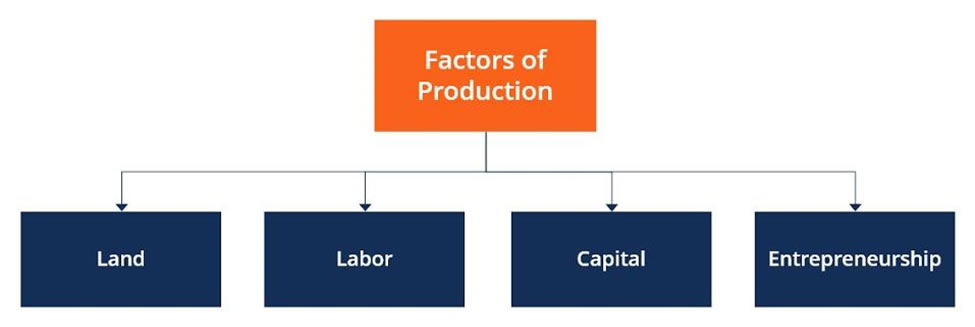Labor
Labor is an essential aspect of any economy and society. It refers to the work done by individuals to produce goods and services.
It is considered a factor of production, along with land, capital, and entrepreneurship. Labor is unique in that it is the only factor of production that is capable of making decisions and adapting to changing circumstances. It is also the only factor of production that can be considered a variable input, as the amount of labor used in production can be adjusted to meet the desired level of output. The productivity of labor is influenced by factors such as education, training, and experience, and can have a significant impact on the overall efficiency and output of a production process.


The labor market is a dynamic entity that is constantly evolving and changing. It is influenced by various factors such as technological advancements, economic conditions, and government policies.
In the developed world, labor is a significant part of the economy. In the United States, for example, the Bureau of Labor Statistics (BLS) reports that there were approximately 156 million people employed in the country in 2020. The unemployment rate in the US was 6.0% in December 2020, down from 14.8% in April 2020. The number of unemployed persons decreased by 1.4 million to 10.7 million. The labor force participation rate, at 61.5% in December 2020, was unchanged over the month and 2.4 percentage points lower than in February 2020.
The BLS also reports that the largest employment sectors in the US in 2020 were retail trade, healthcare, and professional and business services. The average hourly earnings for all employees on private nonfarm payrolls in the US was $29.96 in December 2020.
In other parts of the developed world, labor markets also play a crucial role in the economy. In Europe, for example, the unemployment rate in the European Union (EU) was 7.5% in November 2020, with the highest rates in Spain (14.4%) and Greece (15.2%) and the lowest rates in Czech Republic (2.9%) and Germany (3.5%). In Canada, the unemployment rate was 8.6% in December 2020.
However, labor markets in the developing world can be quite different. Unemployment rates can be much higher, and labor conditions can be less favorable. For example, in Africa, the unemployment rate is estimated to be around 7.8% in 2020, with some countries having rates as high as 30%.

In many developing countries, a large portion of the population works in the informal sector, which often lacks basic labor protections such as minimum wage laws and safe working conditions.
Globalization has had a significant impact on labor markets around the world. The increased movement of goods, services, and capital has led to the creation of new jobs and new industries, but it has also led to the displacement of workers in certain sectors. The outsourcing of jobs to countries with lower labor costs has also led to increased competition for jobs in developed countries.
Technology in labor
Technology is another important factor that is influencing labor markets. Automation and artificial intelligence are increasingly being used in manufacturing and service industries, leading to the displacement of human workers. However, technology is also creating new jobs in fields such as data analysis and software development.
In order to ensure that labor markets function effectively and provide fair opportunities for workers, governments around the world have implemented various policies. These policies can include measures such as minimum wage laws, unemployment benefits, and training programs.
In conclusion, labor is an essential aspect of any economy and society. It is constantly evolving and changing, influenced by various factors such as technological advancements, economic conditions, and government policies. The labor market situation varies from developed to developing countries and government policies play a crucial role in ensuring the fair opportunities for workers. The future of labor market is uncertain with the increasing automation and artificial intelligence, but it is crucial to adapt and provide the necessary support for workers to transition to new jobs and industries.

Additionally, technology may enable remote work, flexible schedules, and other changes to the way we work. It’s important for governments, businesses, and individuals to stay informed about these changes and prepare for them, in order to ensure a smooth transition for the workforce.

